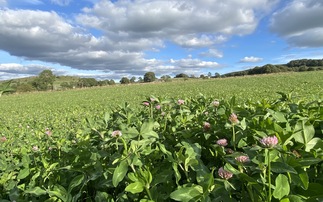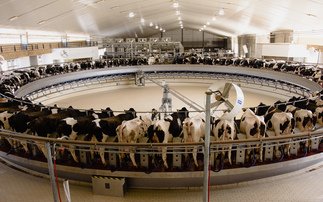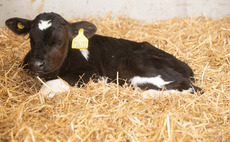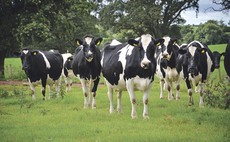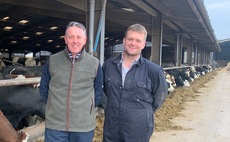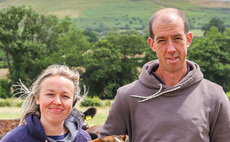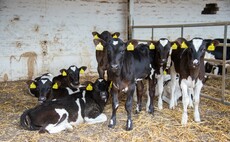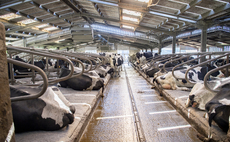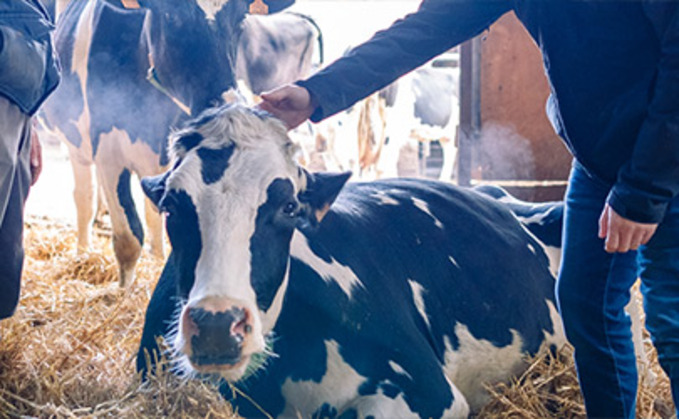
Vaccinating pregnant cows and heifers to prevent scours in calves was included in NOAHs new Livestock Vaccination Guideline, published earlier this year.
There is good reason for including it as a category one vaccine those which are considered highly important in herds says vet Kate Ingram, ruminant technical adviser at Virbac UK.
Scours is one of the most common causes of disease and loss of growth in calves.
Ms Ingram says: The guidelines on vaccination have changed as we move forward as an industry towards preventative health and reducing reliance on antibiotics.
Infectious scours is most commonly caused by rotavirus, coronavirus, e.coli and cryptosporidium.
Colostrum
By vaccinating dams, the immunoglobulins to the pathogens present in the vaccine will increase in their colostrum, protecting their newborn calf against the bugs which cause scours.
Ms Ingram recommends vaccination with Bovigen Scour, a single-shot broad spectrum vaccine which controls diseases caused by three major causes of scour rotavirus, coronavirus and e.coli.
Cryptosporidium is a protozoa and therefore not covered by vaccines.
She says: Irrespective of previous vaccination history, only a single injection of the vaccine given 12-3 weeks prior to calving is required to boost cow serum and therefore colostrum antibody levels against rotavirus, coronavirus and e.coli.
Vaccinating against scours should be considered in every calf disease prevention plan, Ms Ingram adds.
She says: Control of calf scour saves not only veterinary and medicine costs, but the labour and time associated with treating and nursing sick calves.
It will also help to reduce antibiotic use on many dairy units.
However, vaccination will only be effective where it is combined with good colostrum management ensuring all calves receive enough colostrum of sufficient quality from the dam quickly enough after birth
To minimise losses, Ms Ingram recommends following the five Qs on feeding colostrum Quickness, Quantity, Quality, sQueaky clean and Quantify.
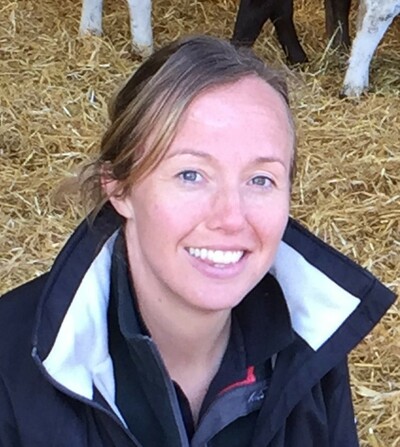
A word from the sponsor
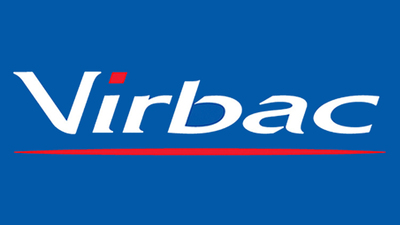
Bovigen Scour is a single-dose vaccine which should be given to cows between 12 and three weeks before they calve. It stimulates the production of antibodies to three of the most common infectious causes of calf scour: rotavirus; coronavirus; and E.coli F5 [K99].
These antibodies are passed into the colostrum of the cow and then passively absorbed by the calf when it drinks the colostrum in the first hours after birth.
Kate Ingram, veterinary adviser for Virbac UK, says: Studies have shown that feeding calves colostrum from vaccinated cows helps control, and reduces the impact of, calf scour caused by rotavirus, coronavirus and E.coli F5 (K99).
Compared to those calves fed colostrum from non-vaccinated cows, calves fed colostrum from vaccinated cows had reducing severity of disease; reduced duration of diarrhoea; reduced shedding of pathogens; and reduced duration of shedding.
Vaccination helps maximise the immunity of the calf to these infectious pathogens while also reducing the shedding of these pathogens into the environment, therefore helping to reduce the challenge to other calves in the group. Effectiveness is reliant on calves absorbing adequate antibodies from the colostrum, so ensuring good colostrum management to ensure successful passive transfer is paramount.













